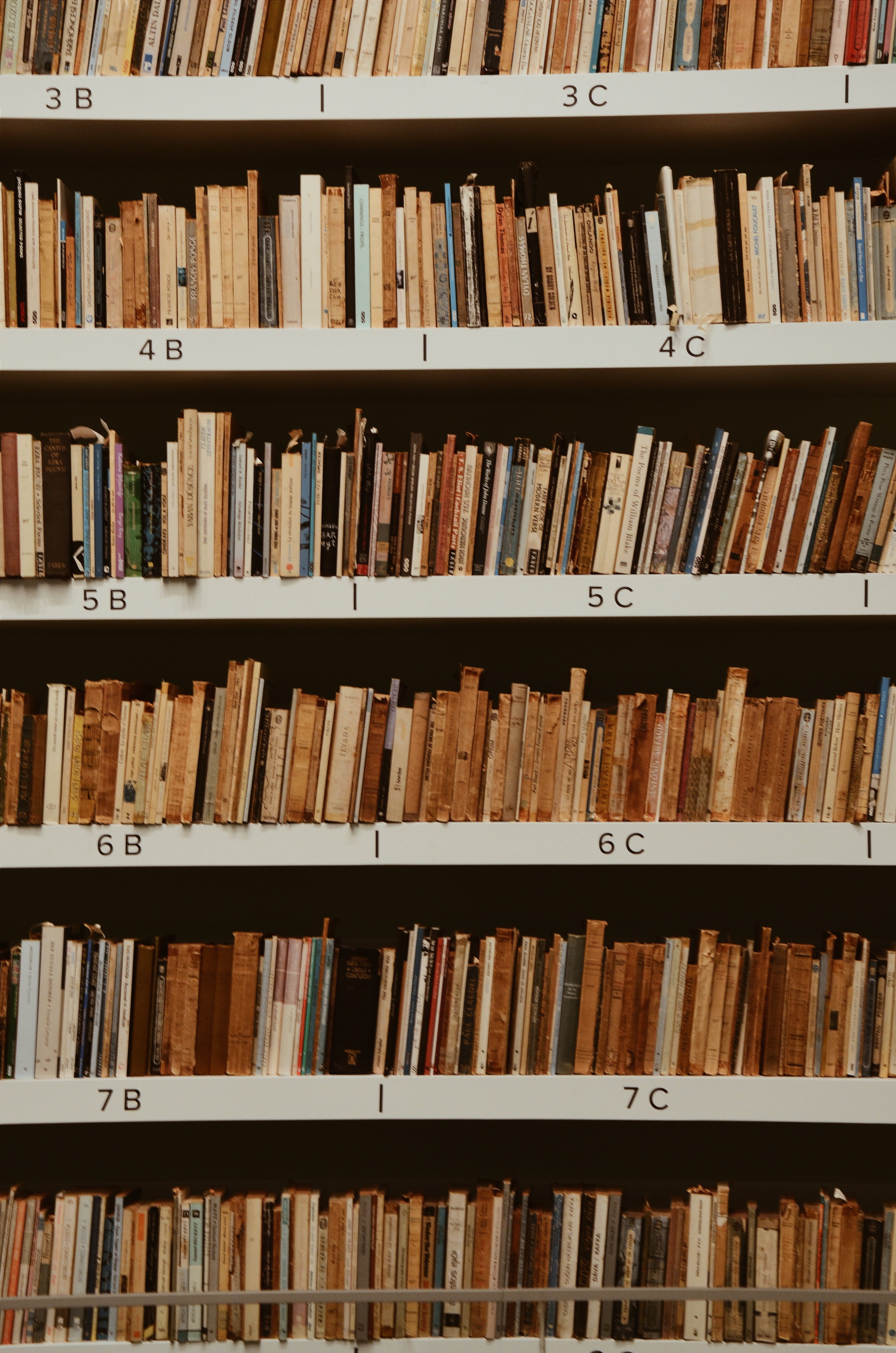Abstract
It is widely recognized that individuals with autism spectrum disorder (ASD) and their families continue to face extensive stigma and that much of the current research on ASD is deficit-focused. Diversity and inclusion perspectives are emerging, but there is less of a focus on how stigma affects the adoption of these approaches. In collaboration with the University of Michigan Department of Psychology and Action For Autism, a national Indian organization, our research aims to understand the experience of stigma and its relationship to identification with the neurodiversity model for Indian parents of children with ASD. The neurodiversity model proposes that ASD is a natural variation of human behavior that should be celebrated (Jaarsma & Welin, 2011). The study was carried out by administering online surveys through Qualtrics to Indian parents residing in India (N=82; full data n=56). This study explores the extent to which Asian value adherence, child functioning, and perceived ASD stigma contribute to parental alignment with the neurodiversity model. It also investigates the ways in which alignment with the model affects parental stress, isolation from family and friends, parenting goals, identification of child’s strengths, and positive perceptions about raising a child with ASD. Preliminary findings demonstrate statistically significant correlations between a child’s ASD behaviors, perceived ASD stigma, parental stress, and isolation from family and friends. A more complex mediation model of the effects of neurodiversity alignment on these variables will be evaluated in the future and will have implications for the adoption of strength-based practices and the reduction of stigma associated with ASD within different cultural contexts.
How to Cite:
Manda, S., Buvinger, E., Dhar, S. & Veldanda, H., (2023) “Experience of stigma and its relationship to identification with the neurodiversity model for Indian parents of children with autism spectrum disorder”, University of Michigan Undergraduate Research Journal 16. doi: https://doi.org/10.3998/umurj.3779
Downloads:
Download XML
Download PDF
931 Views
338 Downloads

